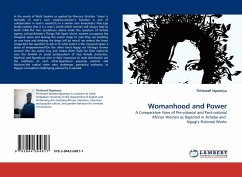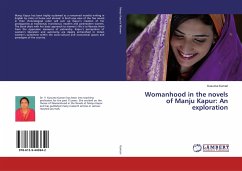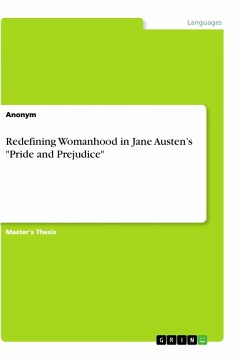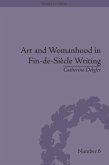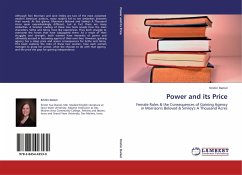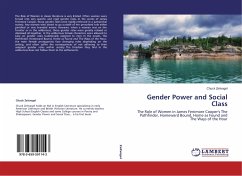In the words of Wole Soyinka as quoted by Florence Stratton vision is eternally of man's own creation,women's function is one of collaboration in man's vision(51).In a similar vein Emecheta's Nnu Ego finally realizes that it is a man's world which women will always help to build (186).The two quotations above make the question of female agency critical.Achebe's Things Fall Apart shows women occupying the marginal space and leaving the center stage to man.They are kneeling on one knee and drinking the dregs left by men,if we extend the Anasi image.And the question to ask is:To what extent is this marginal space a place of empowerment?On the other hand Ngugi wa Thiongo throws women into the public fray and makes them fight for their rights.He uses the familial or social juxtaposition of two female characters, Muthoni and Nyambura who in their responses to male domination are the antithesis of each other.Nyambura passively submits and Muthoni,the radical sister who challenges patriachal authority. In Ngugi's conception challenging patriarchy is suicidal.
Bitte wählen Sie Ihr Anliegen aus.
Rechnungen
Retourenschein anfordern
Bestellstatus
Storno

